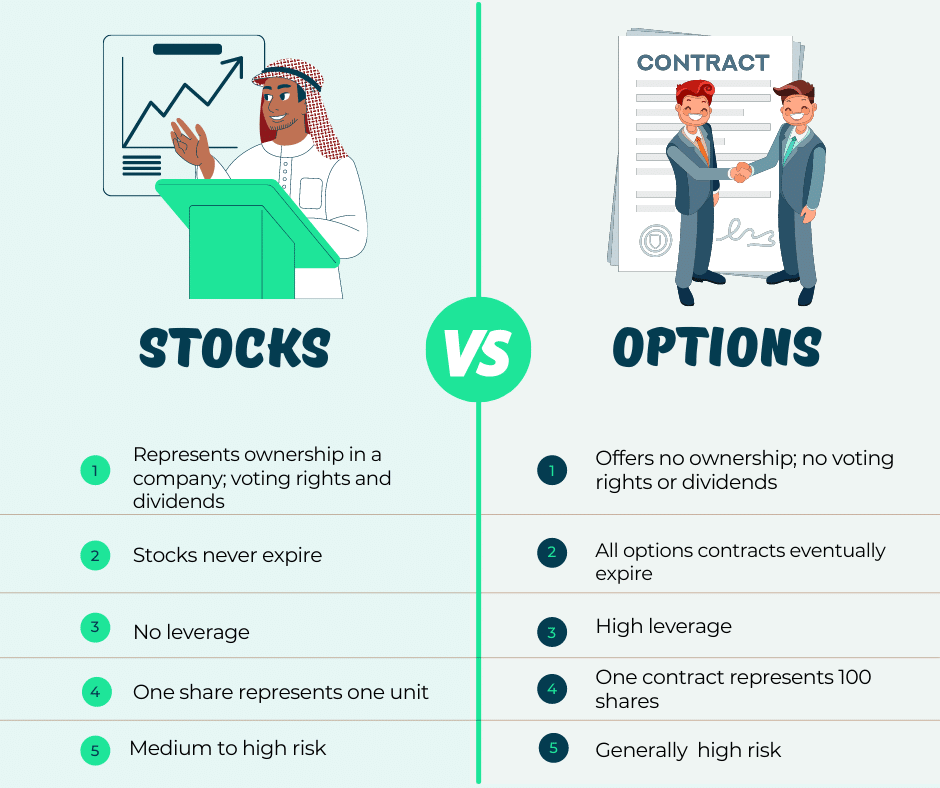Introduction
Have you ever considered whether trading options is the right fit for you? The world of options can be both lucrative and daunting, and it’s important to understand the potential risks and rewards before taking the plunge. In this article, we’ll delve into the nuances of options trading, exploring who it benefits and who should exercise caution.

Image: www.tradethetechnicals.com
Options: An Overview
Options contracts grant the holder the right, but not the obligation, to buy or sell an underlying asset (e.g., a stock, commodity, or currency) at a specified price (strike price) on or before a certain date (expiration date). There are two main types of options: calls, which give the holder the right to buy, and puts, which provide the right to sell.
Benefits of Options Trading
For some, options trading can be a valuable addition to their investment portfolio. Here are some of the key benefits:
- Leverage: Options provide leverage, amplifying potential returns (both positive and negative) with a relatively small capital investment.
- Risk management: Options can be used as a hedging tool, protecting existing investments from potential losses.
- Income generation: Selling (or “writing”) options can yield premiums, providing additional sources of income.
Who Should Trade Options?
Not everyone is cut out for options trading. Individuals who possess the following traits are more likely to succeed:
- Sophisticated investors: Options are complex instruments that require a thorough understanding of the financial markets.
- Risk-tolerant individuals: Options trading involves significant risk, and investors must be prepared for both gains and losses.
- Analytical thinkers: Successful options traders are able to analyze market trends and make informed decisions based on data.
- Patient traders: Options trading often involves waiting for the right opportunity, so patience is essential.

Image: www.projectfinance.com
Who Should Avoid Options Trading?
If you fall into any of the following categories, options trading is not advisable:
- Conservative investors: Options are high-risk instruments that can lead to substantial losses.
- Amateur investors: Without a deep understanding of financial markets, it’s easy to fall into traps when trading options.
- Short-term investors: Options have longer holding periods than many other investments, making them unsuitable for those seeking quick returns.
Factors to Consider
Before embarking on your options trading journey, consider these additional factors:
- Market conditions: Volatility and liquidity are crucial factors to evaluate before entering an options trade.
- Time commitment: Options trading requires time and effort to monitor positions and make informed decisions.
- Financial resources: Options trading can be expensive, so it’s important to manage risk carefully.
For Whom Is Trading Options Sensible

Image: www.youtube.com
Conclusion
Options trading can be a lucrative and exciting way to potentially boost your returns, but it’s not suitable for everyone. By carefully considering your investment profile, risk tolerance, and market knowledge, you can make an informed decision about whether options trading is the right path for you.
If you’re still unsure whether options trading is a good idea for you, reach out to a financial advisor. They can help you assess your individual circumstances and determine if this type of investment opportunity aligns with your financial goals and risk appetite.






